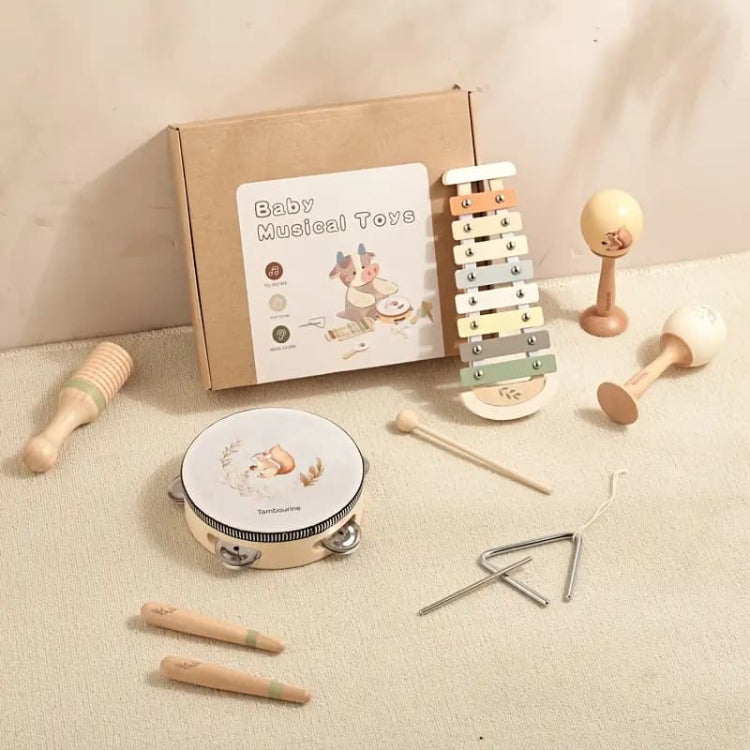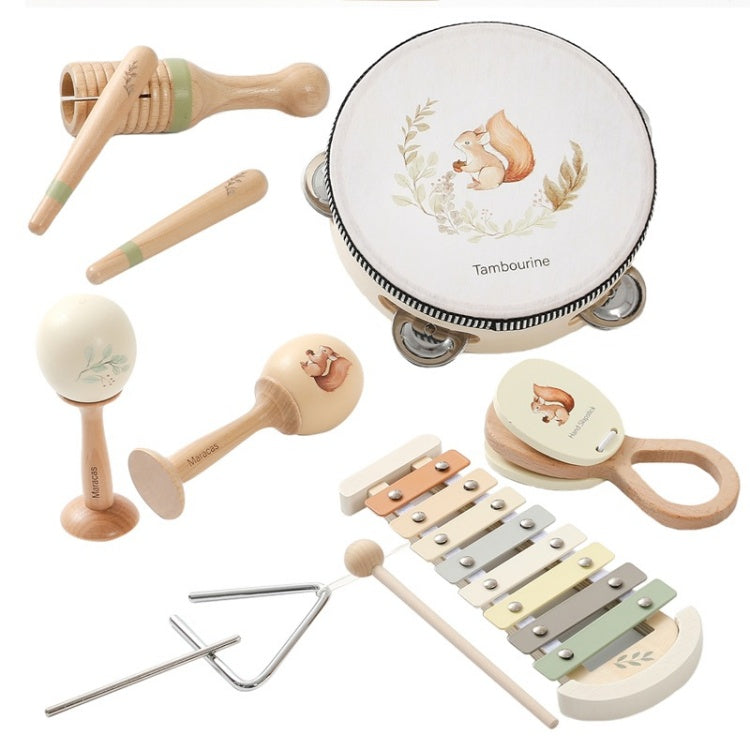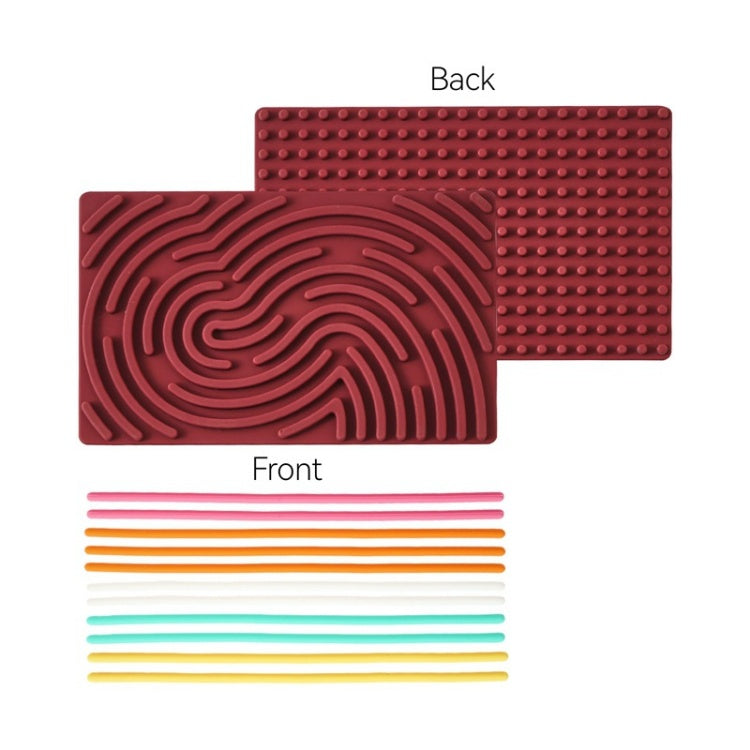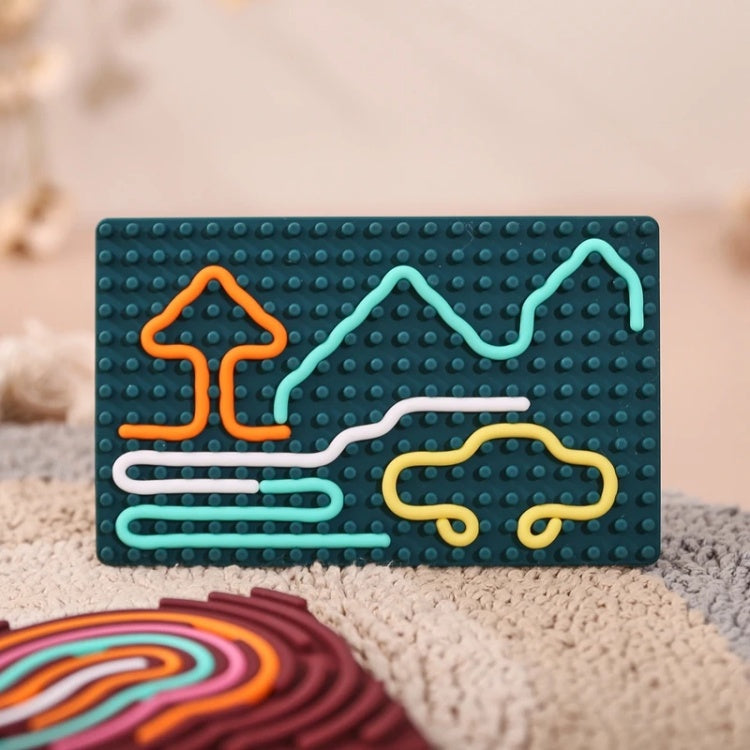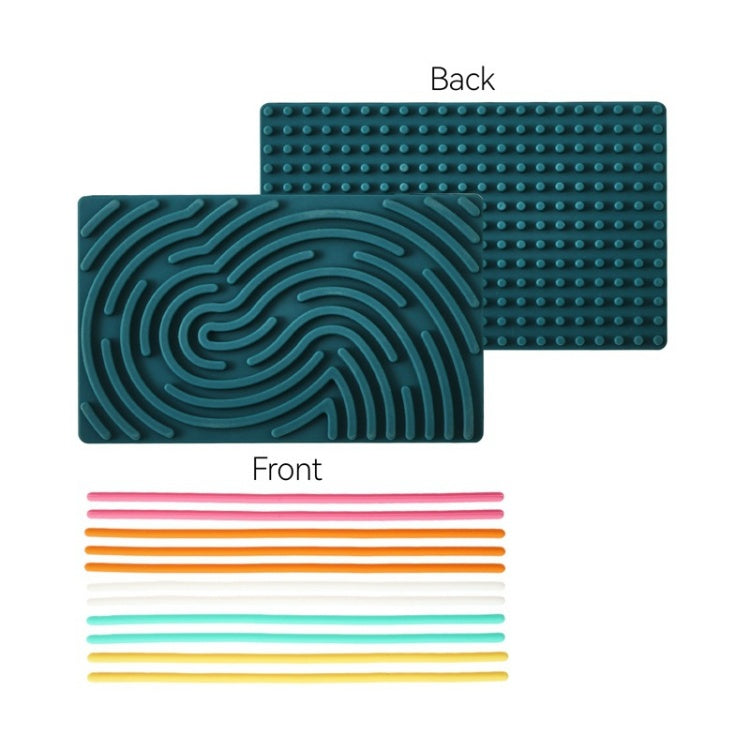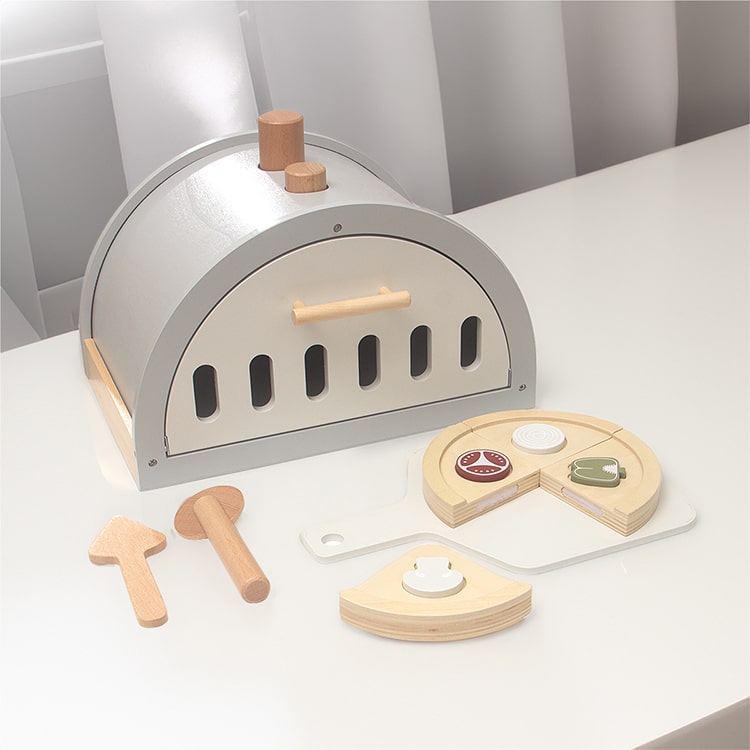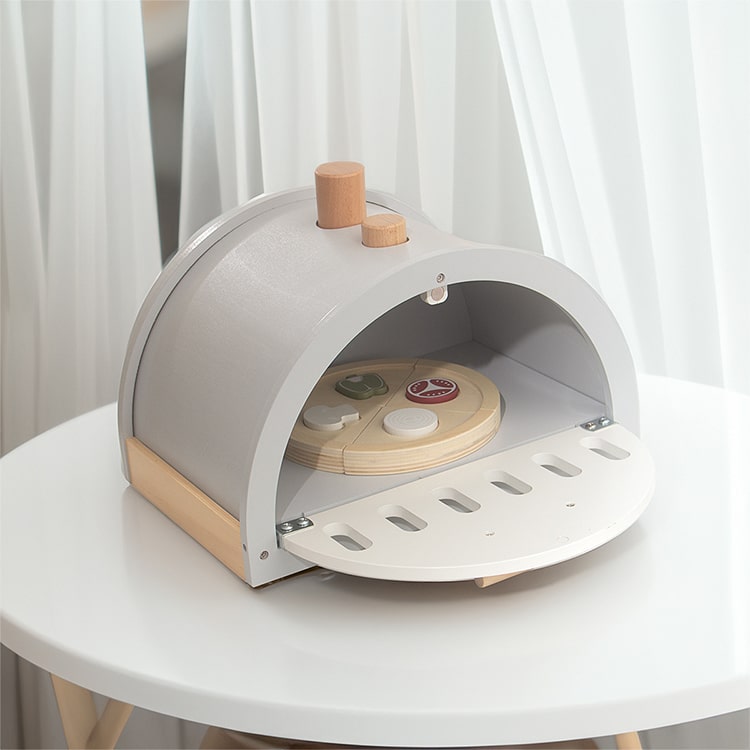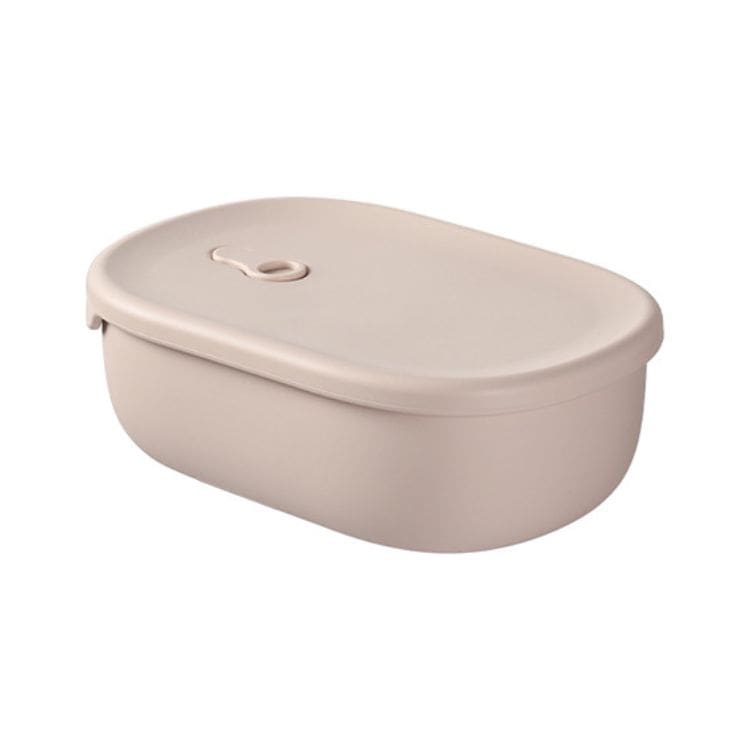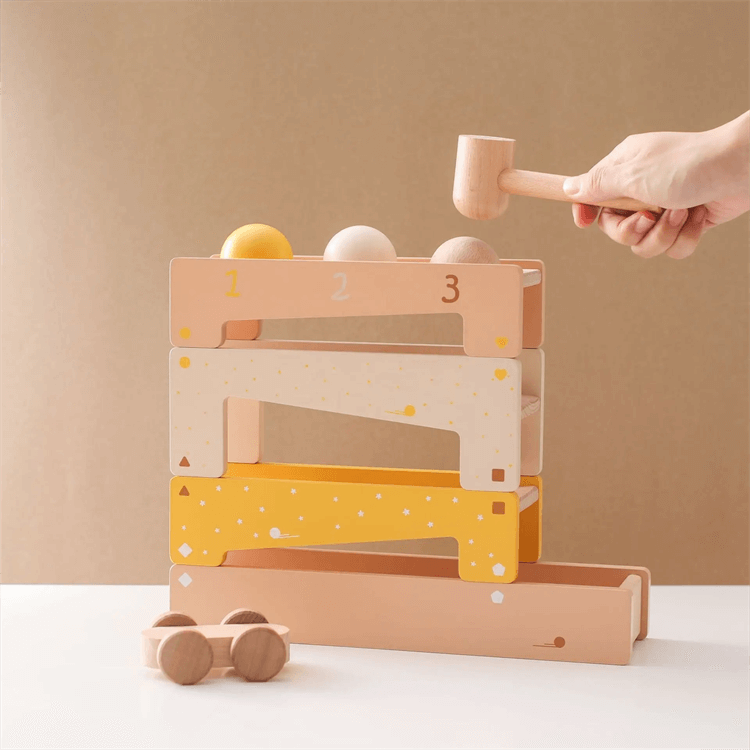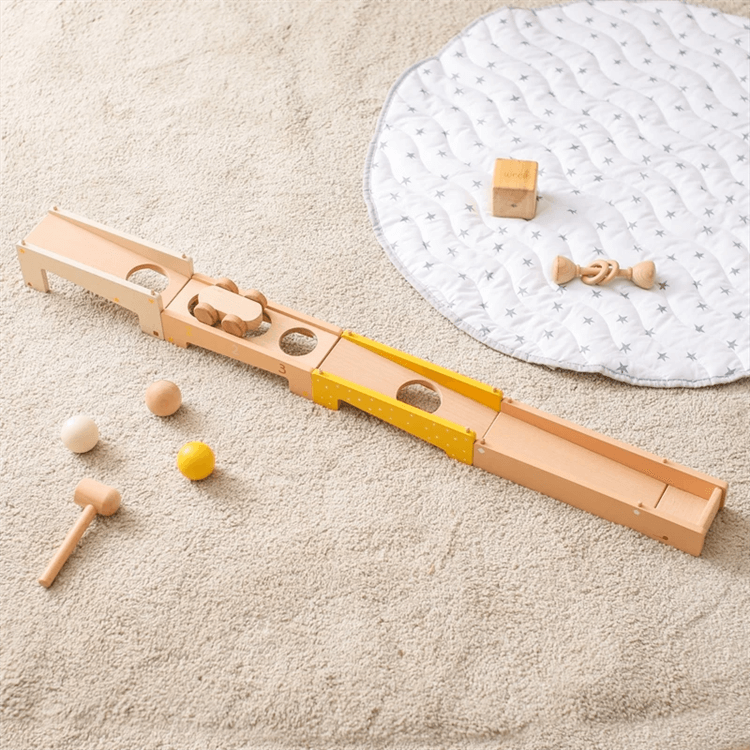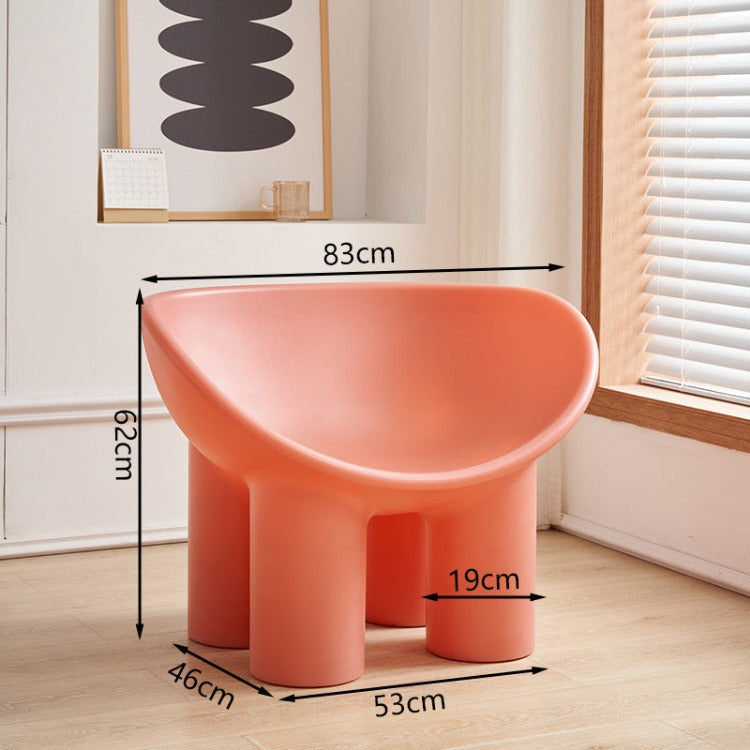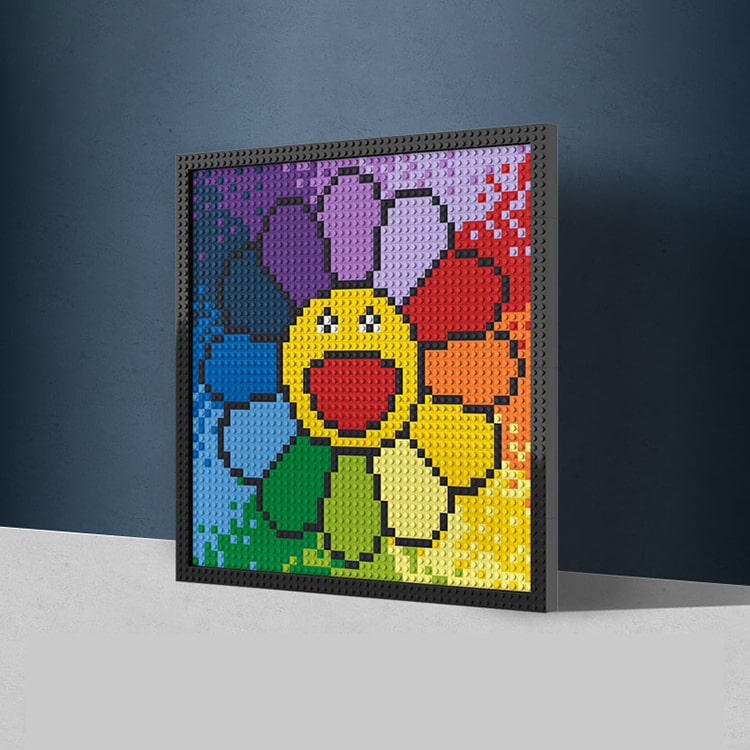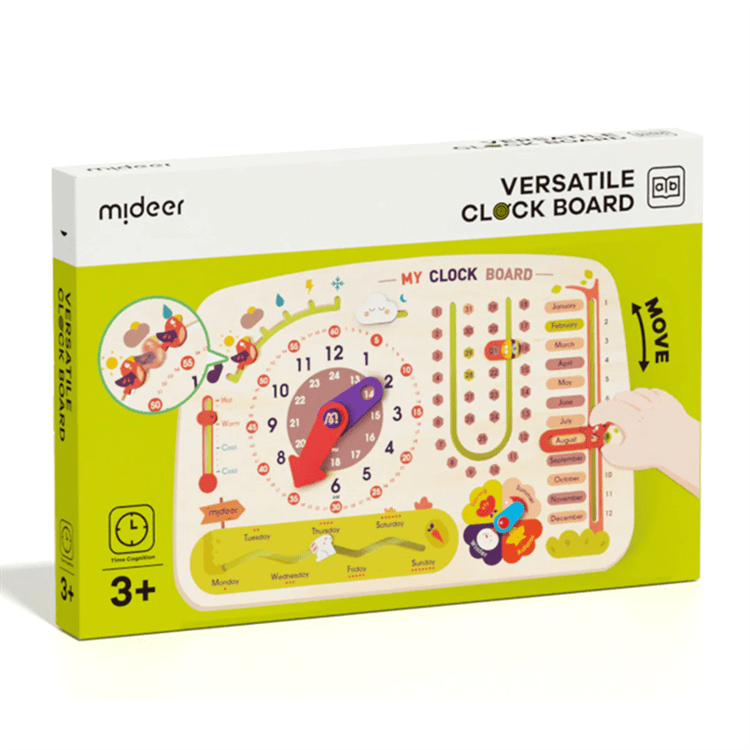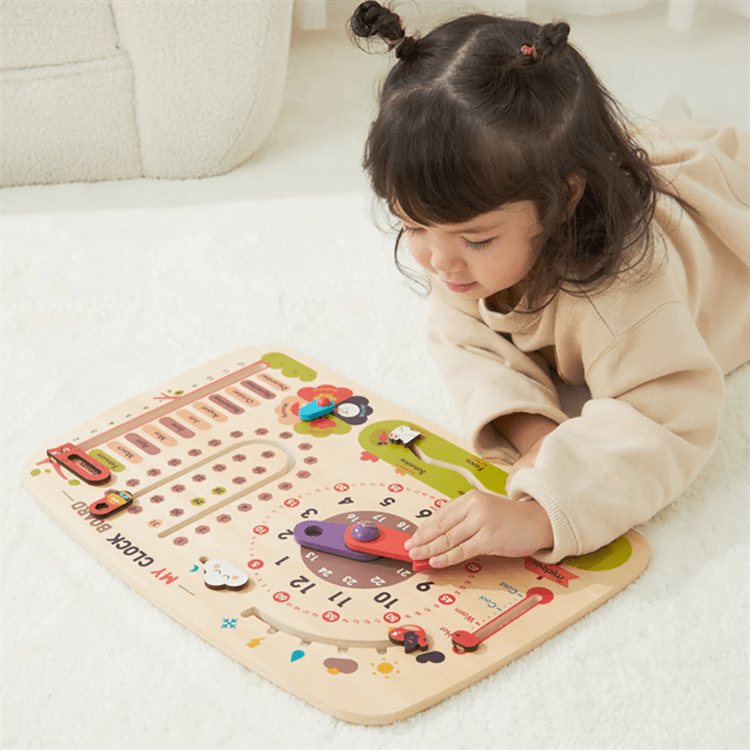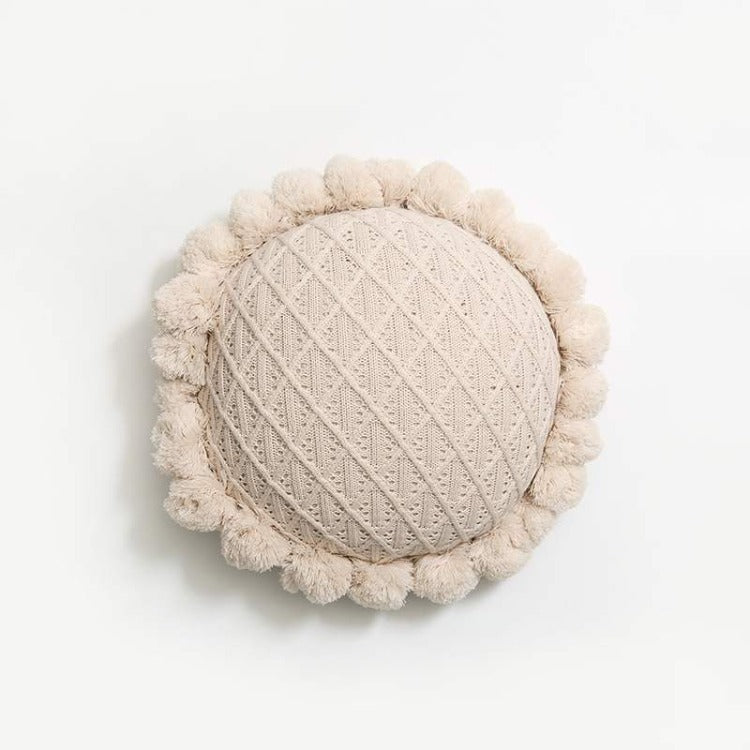
If your children are really into gardening and you want them to continue with this activity during the colder months, then you can use this guide to make it happen.
Many vegetables and plants can be grown successfully during winter, it’s all a matter of gathering the knowledge and preparing for it.
Many vegetables are very easy to grow during the colder months, such as brussel sprouts, broccoli, cauliflower, cabbage, and broad beans, among others. Spinach is also quite popular during winter.
If you want to give it a try, you can grow them from seeds in indoor trays and then plant them outside later on, or you can buy seedlings at your local garden center and plant them outside right away.
When you’re planting your winter veggies, you need to plan the positions of each plant. There must be enough room between them to allow for air circulation and proper maintenance.
Of course, the most important thing when it comes to growing vegetables during winter, no matter what kind you choose, is making the right soil preparations and the right garden site. Your garden should face north, which is a great opportunity to teach your children about cardinal points or brush them up if they’re already familiar. The garden site shouldn’t be in a windy or exposed location either, so keep that in mind.
The soil should be deep, crumbly, loose, rich in nutrients and free draining because you don’t want waterlogged soil during winter. It will ruin your plants and make it impossible for you and your children to see anything grow.
Once you have the right spot, you have to prepare it. Start by removing dead or old plants, weeds, and diseased summer crops. This is a fun activity for children to engage in, and you can explain why removing all this is so important. You want fertile soil, and all these dead or diseased plants can keep your garden from thriving.
Once you do that, you must apply a layer of compost, preferably organic, and work it into the soil as best as you can. This is the perfect opportunity to explain why you need compost and what it does for your garden. The compost has to be properly mixed with the soil to improve nutrient content, organic matter, and microbial activity. This should be done one or two weeks before you start planting to make sure the soil is aerated perfectly.
Preparing your soil is key when you’re planting during winter because winter veggies don’t need as much watering if you’ve prepared your soil effectively. Make sure your soil has enough nutrients and your winter garden will be successful.
Apart from the veggies I mentioned above, you and your child can also grow these during winter: onions, garlic, peas, and asparagus. If you want flowers in your garden, try snowdrops, pansy, winter jasmine, hellebore, witch hazel, holly bushes, honeywort, sweet alyssum, and winter honeysuckle, to mention a few!
Happy gardening.














